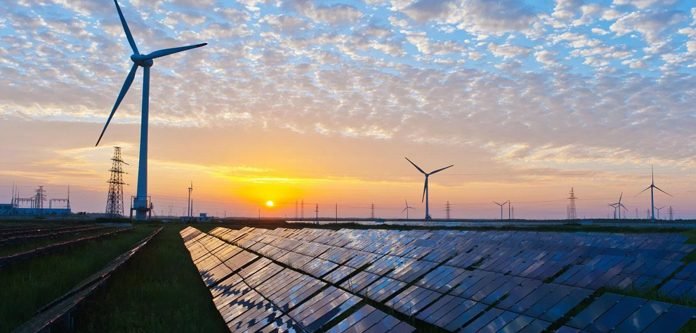A study has revealed that Nigeria is among countries whose electricity supply fully based on renewable energy sources and storage is feasible until 2050, and more cost-efficient than other existing energy supply options.
This is the result of a series of studies by researchers of the Lappeenranta University of Technology, including authors from various countries.
The report states that the fully renewable electricity systems in Nigeria would be 60% to 70% cheaper than the so-called “low-carbon” energy options, including nuclear power or the fossil fuel energy combined with the Carbon Capture and Storage (CCS).
More than 90 million people in Nigeria still lack access to grid electricity, which represents 55% of the country’s population. Unmet power demand results in load shedding, blackouts, and reliance on expensive diesel backup generators.
“Nigeria is among the countries that have abundant renewable energy sources and will be facing a rising energy demand in the coming years and decades. The transformation of the fossil fuel dependent economies can solve energy security issues and drive the economic growth,” Christian Breyer, Professor for Solar Economy at the Lappeenranta University of Technology and Co-chairman of the Energy Watch Group scientific board said.
RELATED: Renewable Energy Now Accounts for a Third of Global Power Capacity
According to the studies, solar PV and battery storage will play a dominant role in the electricity mix, given their falling costs and given the fact that all the countries studied belong to the global Sun Belt. Meanwhile, the industrial gas demand can be covered entirely by a mix of biomethane and power-to-gas processes.
“The studies show that investments in new coal and nuclear power plants are no longer necessary and will lead to stranded investments. Climate protection and the avoidance of radioactive hazards are feasible and enable cost-effective energy security,” President of the Energy Watch Group Hans-Josef Fell said.
The study shows that a phase out of fossil gas can take place by 2040 in Nigeria, resulting in a solar PV and battery storage dominated electricity system.
“It is now a matter of favourable policies and financial schemes supporting investments in renewable energy to further accelerate the already impressive exponential growth of renewables and to turn these study results into reality”, Breyer said.
“if Nigeria switch to 100% renewable energy then other countries in the regions will most likely follow”.




